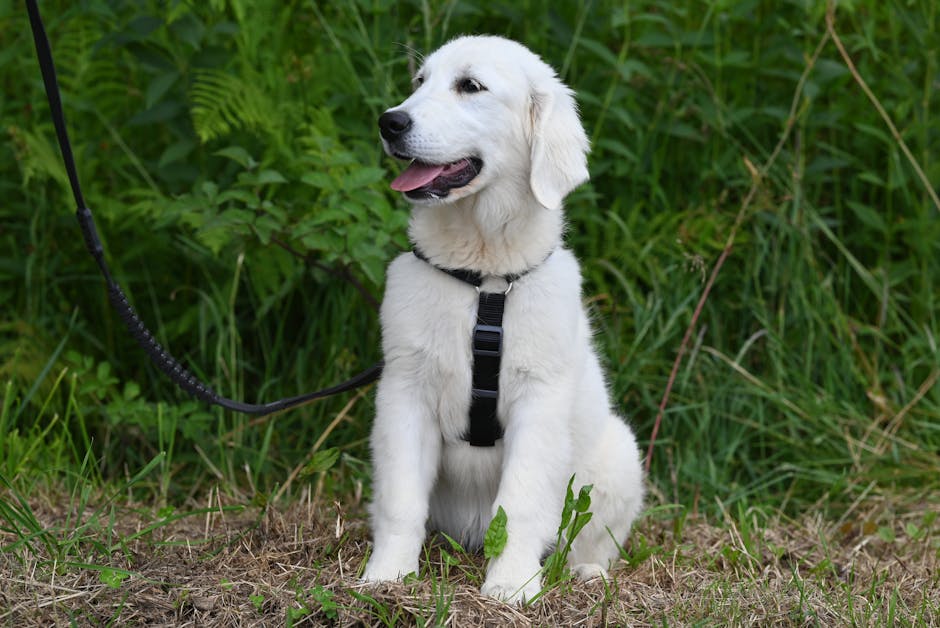Did you know that early socialization can significantly impact your puppy’s behavior for the rest of their life? Understanding the Puppy Socialization Checklist is crucial for dog owners who want to raise a confident and well-adjusted pet. Let’s explore this essential aspect of dog ownership in depth!
The Historical Background of Puppy Socialization Checklists
The Evolution of Canine Training Methods
Historically, dog training focused primarily on obedience and discipline. However, as our understanding of canine behavior has evolved, so too has the approach to training. In the late 20th century, behaviorists began to emphasize the importance of socialization as an essential element of training, with early studies indicating that puppies exposed to a variety of people, environments, and experiences before the age of 16 weeks showed fewer behavioral issues later in life.
Influential Research and Theories
Key studies in canine psychology, such as those conducted by John Paul Scott and John L. Fuller in the 1960s, highlighted critical periods in a dog’s early life that can affect their social development. This research laid the foundation for the idea that structured socialization is vital not just for immediate behavioral training, but also for long-term emotional health. The introduction of structured socialization checklists became a popular tool among trainers and dog owners.
Current Trends and Statistics in Puppy Socialization
Statistics That Matter
Recent surveys show that a staggering 80% of dog owners believe that socialization is essential for their puppy’s development. Furthermore, statistics suggest that dogs who undergo thorough socialization training are 50% less likely to develop anxiety-related behavioral issues. This uptick in awareness indicates a shift in pet ownership culture, where the importance of socializing puppies is recognized as a core responsibility.
The Rise of Socialization Classes
In addition to individual efforts by dog owners, socialization classes have become increasingly popular. These group classes allow puppies to interact with other dogs and people in controlled environments, thereby enhancing their social skills. The trend has led to an explosion in the availability of puppy training programs, with many communities offering specialized courses that adhere to standardized socialization checklists.
Practical Tips for Effective Puppy Socialization
Creating a Comprehensive Socialization Schedule
To ensure an effective socialization process, establish a detailed checklist that includes a variety of experiences. Introduce your puppy to different environments—parks, pet stores, busy streets, and other animal-friendly places. Make it a point to expose them to diverse individuals, including men, women, children, and various types of pets, so they learn to adapt to new social settings seamlessly.
Utilizing Positive Reinforcement
When exposing your puppy to new experiences, it’s crucial to reward them with positive reinforcement. This can include treats, praise, or playtime whenever they handle a new situation well. Associating positive outcomes with new experiences promotes a sense of security, encouraging your puppy to be more adaptable and open-minded in the future.
Future Predictions and Innovations in Puppy Socialization
The Role of Technology in Socialization
As technology advances, new tools are emerging that can enhance the socialization process. Virtual reality (VR) experiences are being tested to help dogs acclimate to various environments in a controlled way. Dog owners may soon have access to apps that create customized socialization plans based on their puppy’s age, breed, or personality type, making it easier to track progress and ensure comprehensive exposure to different experiences.
Increased Awareness About Inclusivity in Puppy Training
Looking ahead, there is a growing emphasis on inclusivity in puppy training. More programs are being designed to accommodate puppies with disabilities or anxiety, ensuring that all dogs can participate in socialization activities. A more inclusive approach to puppy socialization reflects changing societal norms and the recognition that every puppy deserves the opportunity to thrive.
By following a structured Puppy Socialization Checklist and remaining informed about current trends and future innovations, dog owners can give their puppies the best chance at a happy, well-rounded life.
Final Thoughts on Puppy Socialization Checklist
Incorporating a Puppy Socialization Checklist into your training routine is essential for raising a well-adjusted and confident dog. Early socialization can prevent behavioral issues later in life, ensuring your puppy grows into a friendly and adaptable canine companion. Remember, consistent and positive experiences are the key to a successful socialization journey.
Further Reading and Resources
-
The Whole Dog Journal – Socializing Your Puppy
This article provides extensive insights on various socialization techniques and ideas to engage your puppy in positive experiences with people, other dogs, and different environments.
-
American Kennel Club – Puppy Socialization Resources
The AKC offers a wealth of resources intended for new puppy owners, including tips and timelines for effective socialization.
-
ASPCA – Puppy Socialization: The Key to a Great Dog
The ASPCA discusses the critical period for puppy socialization and the dos and don’ts of introducing your pup to new experiences and stimuli.
-
Training and Health – Socialization Checklist for Puppies
This downloadable checklist breaks down specific socialization objectives into manageable tasks, making it a practical tool for dog owners.
-
‘The Puppy Primer’ by Patricia McConnell
This highly recommended book covers a comprehensive approach to puppy training and socialization, offering informative guidance that emphasizes positive reinforcement.





